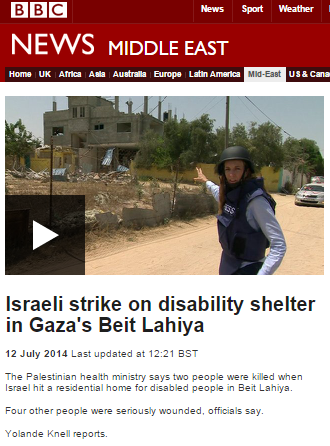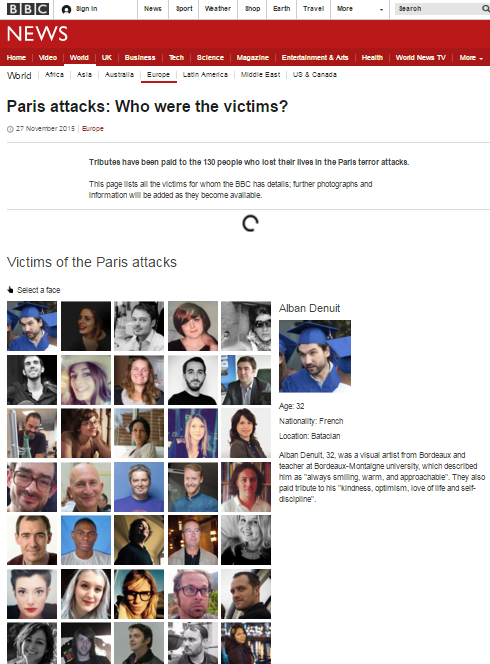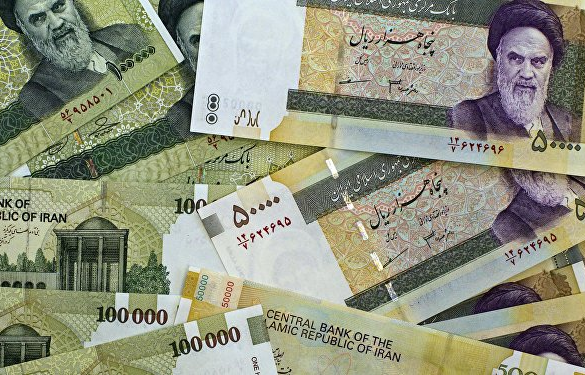When, in the summer of 2014, the BBC began describing the counter-terrorism measures employed by Israel along its border with the Gaza Strip as a “siege” we noted that the definition of that term is “a military operation in which enemy forces surround a town or building, cutting off essential supplies, with the aim of compelling those inside to surrender” and commented: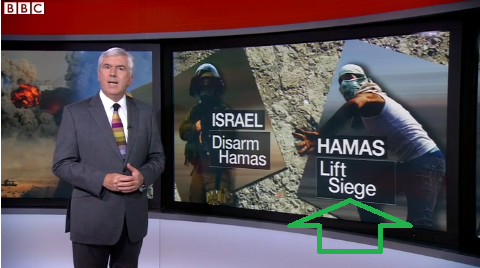
“A besieging army does not ensure and facilitate the provision of humanitarian aid including food and medical supplies to those it surrounds. It does not supply them with 50% of their electricity supply, with oil and diesel or with cooking gas. It does not help them export their produce and give their farmers agricultural training. It does not evacuate their sick and treat them […] in its own hospitals.”
The use of that inaccurate terminology is however still evident in BBC content – both by unchallenged interviewees and by BBC journalists. For example:
“Gaza’s economy is definitely not able to support a population of 1.7 million people but that’s because of the siege imposed by Israel and Egypt.” (Jeremy Bowen, BBC Radio 4, 19/7/14)
“And I have to say – and this is one of the oddest things – from the decrepit heart of a half-destroyed city in a besieged and blockaded enclave, sometimes described as the biggest open air prison in the world, comes the best ice cream I have ever tasted.” (Roger Hearing, BBC Radio 4, 18/6/15)
“I had attended the war in Gaza in 2012. I’ve been working there for about the last five years and while I was there we had patients coming in – no equipment because the siege has gotten so bad even though it’s medical equipment – and we had to listen to patients’ chests by putting our ears to their chests…” (Tarek Loubani on ‘Newshour‘, 16/8/15)
“These people who suffered these wars and siege are now in rows having popcorn and watching [a movie that] reflects the Palestinian situation,” Mr Abu Saleh said. […] ‘The project is very important… because it is considered as one of the ways to break through the siege that has been forced on Gaza for 10 years’.” (Hugo Bachega, BBC News website, 8/4/16)
“‘The war’s over but the war-like situation is still going on’ he tells me. ‘The siege goes on, we’re still prisoners. The quality of life gets worse’.” (Yolande Knell, ‘From Our Own Correspondent’, 22/7/17)
“Of course life for ordinary people in Gaza is under tremendous pressure at the moment because it’s almost ten years of siege… […] I think what needs to be looked at is the whole siege of Gaza and I think that will require much more international determination both from the West and from the Gulf countries and Egypt to sort of say to Israel ‘look, it’s not in your interest to keep the siege going’.” (Oliver McTernan on ‘Newshour‘, 17/9/17)
“Hamas is also suffering because not easy now to rule Gaza and the policy of the political isolation from the international community, from the blockade and siege on Gaza from the Israeli occupation…” (Ghazi Hamad on ‘Newshour‘, 17/9/17)
“The siege for a long time destroyed our medical, our social, our economic life and nobody is interested about human rights where 2 million Palestinian people are living in this area.” (Mahmoud Zahar on ‘Hardtalk‘, 8/1/18)
On January 24th Israel’s Ministry of Defence published a summary of its Crossings Authority’s activity during 2017. In the section relating to the Kerem Shalom crossing the report states: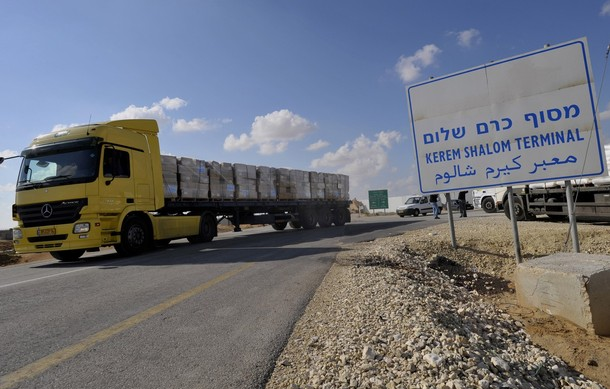
“The movement of Israeli goods that entered Gaza via the Kerem Shalom crossing grew and reached some 160 thousand lorries. The peak of the year was recorded in April when in one day over 1,000 lorries carrying goods crossed the crossing.”
The report also states that in 2017 there was a rise of 15% in the amount of goods transported and in the number of people using the various crossings to the Gaza Strip and Judea & Samaria administered by the authority, with 15 million crossings by Palestinians recorded.
Obviously a media organisation seriously committed to accurate and impartial reporting would not portray, or facilitate portrayal of, 160,000 truckloads of supplies in one year as a “siege”. The BBC, however, continues to do just that.
Related Articles:
BBC fails to produce follow-up reporting on Gaza power story


